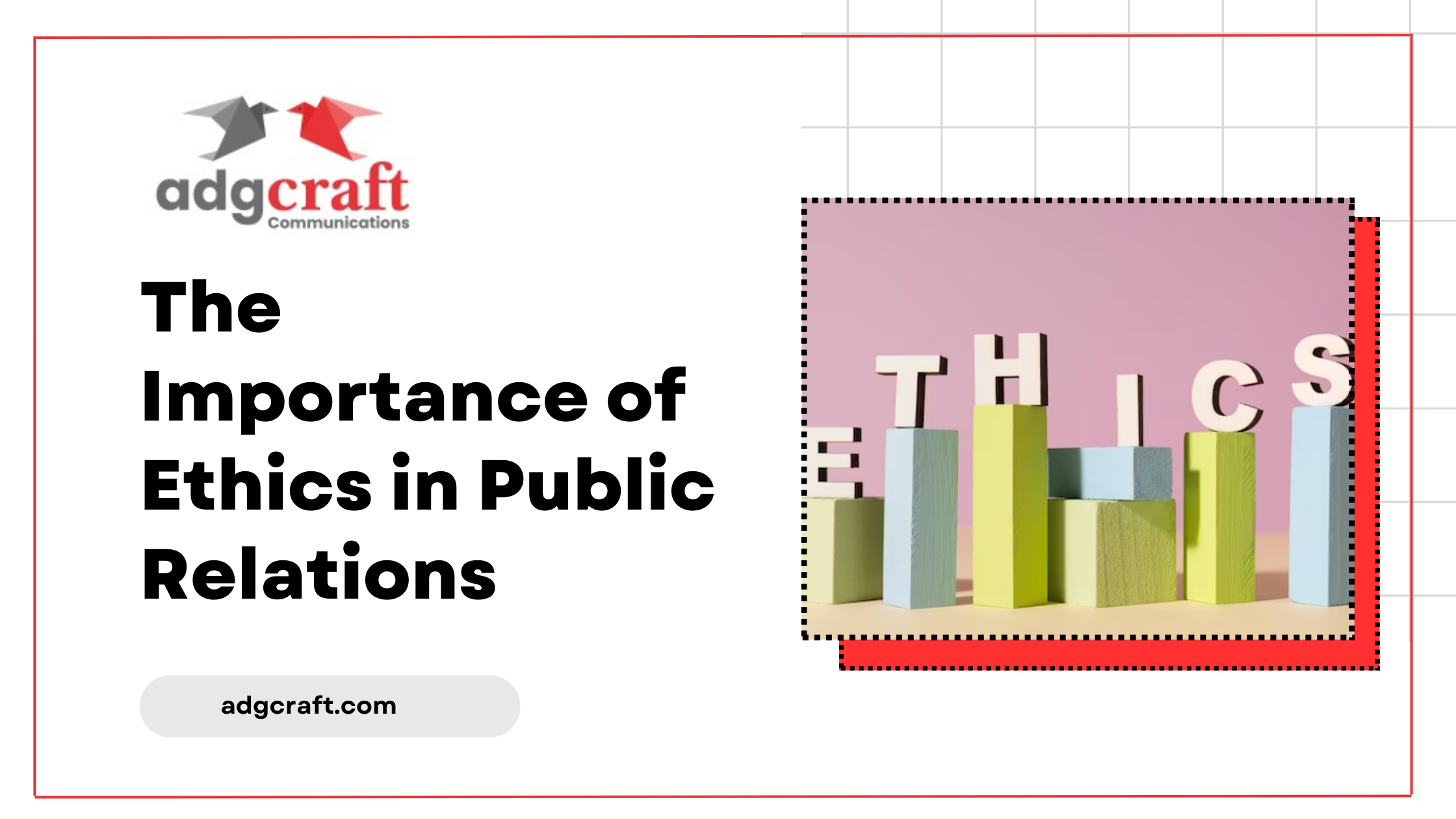At times, individuals in the field of public relations have faced allegations of distorting stories to favor their clients’ dishonorable motives. This perception has seeped into the broader understanding of public relations, with many outsiders viewing PR as the craft of mitigating negative incidents or safeguarding a brand’s reputation at any expense, sometimes raising concerns about ethics in PR.
This perception has given rise to phrases like “PR game.” Certain routine practices in PR, such as media training, have drawn criticism. Some PR media trainers recommend that spokespersons avoid specific questions or skillfully divert them, resulting in a growing number of executives who obscure discussions in media interviews. Such practices run counter to the fundamental role of PR in facilitating the transparent dissemination of essential information in the public’s interest.
The objective of ethical public relations should not involve confusing the public or generating uncertainty but should instead focus on educating and genuinely influencing public opinion for the advancement of societal causes. Despite the frequent ethical dilemmas encountered in our profession, the responsibility falls on us as PR professionals to act as the ethical stewards of our industry.
What is Ethics in PR?
Ethics in the professional practice of public relations involves applying knowledge, understanding, and reasoning to discern right and wrong behavior. The Commission on Public Relations Education (CPRE) emphasizes that PR ethics constitute a set of priority principles, beliefs, and values that all individuals involved in public relations practice should adhere to. These guiding principles serve as a compass, directing actions and decisions in a manner consistent with honesty, integrity, transparency, and responsible engagement with stakeholders and the public.
This ethical framework guides PR professionals in navigating complex situations and making decisions that uphold the best interests of not only their clients or organizations but also the broader community and society. It reinforces the importance of ensuring that PR activities contribute positively to the public discourse and facilitate an informed and educated public, fostering trust and goodwill between organizations and their stakeholders. By embodying these ethical principles, PR practitioners aim to foster a profession that is credible, trustworthy, and dedicated to serving the greater good.
Importance of Ethics in PR
The importance of ethics in Public Relations (PR) cannot be overstated, as it forms the bedrock of a credible and trustworthy PR practice. Here are key reasons why ethics are paramount in PR:
1. Maintaining Credibility and Trust:
Ethical conduct in PR is crucial for building and preserving credibility and trust with stakeholders. When PR professionals operate with honesty, transparency, and integrity, stakeholders are more likely to trust the information and messages they receive.
2. Enhancing Reputation:
Ethical PR practices contribute to a positive organizational reputation. A good reputation is built on consistently ethical behavior, which in turn attracts stakeholders and fosters enduring relationships.
3. Fostering Long-term Relationships:
Ethical behavior establishes a foundation for long-term relationships with stakeholders, including clients, employees, customers, and the public. Trust and honesty lead to stronger connections and increased loyalty.
4. Upholding Public Interest:
PR ethics emphasize the public interest, ensuring that communications are honest, accurate, and in the best interest of the community and society. PR practitioners play a role in disseminating information that benefits the public and society at large.
5. Adhering to Legal Standards and Regulations:
Ethics guide PR professionals to comply with legal standards and regulations. By doing so, organizations can avoid legal issues, protect their reputations, and maintain their social responsibility.
6. Avoiding Damage to Reputations and Brands:
Ethical lapses can severely damage a brand’s reputation. By adhering to ethical standards, PR practitioners can mitigate the risk of negative publicity or crises that could harm the organization’s image.
7. Guiding Decision-making in Ambiguous Situations:
Ethical principles provide a framework to navigate complex and ambiguous situations. PR professionals can rely on these principles to make well-informed decisions, even in challenging circumstances.
8. Attracting Talent and Clients:
Ethical organizations and PR practices attract top talent and clients who seek to align with companies that uphold strong moral values. Clients and employees want to be associated with organizations that act responsibly and ethically.
9. Contributing to Society Positively:
PR, when grounded in ethics, can positively influence society by promoting worthwhile causes, advocating for social issues, and disseminating information that educates and uplifts the public.
10. Professionalism and Industry Standards:
Adherence to ethics elevates the PR profession, establishing industry standards that reflect professionalism, responsibility, and a commitment to serving the public interest.
In summary, ethics are the cornerstone of effective PR practice. They not only safeguard the integrity of the PR profession but also ensure that communication efforts are responsible, credible, and beneficial to both organizations and the wider society. Adgcraft Communications is one of the fastest-growing PR agencies. At Adgcraft, we understand the importance of ethics in PR, guiding every campaign and strategy we create. Let us help you navigate the world of responsible and effective public relations. Contact us today for ethical, impactful PR solutions.
